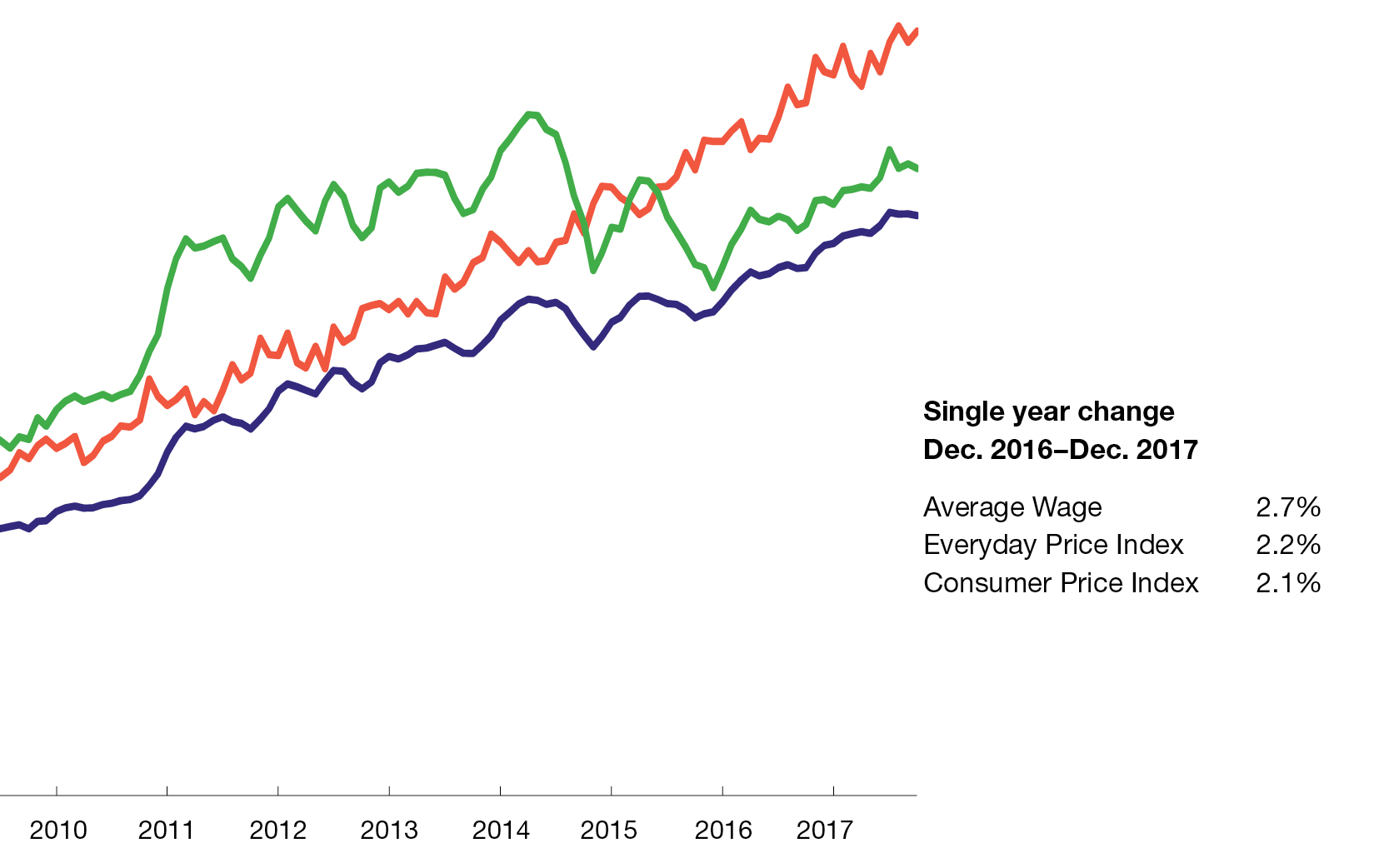E.C. Harwood and Rigorous Methods of Inquiry in Economics

In almost every political debate over the best strategy for boosting and stabilizing the economy, each candidate touts a plethora of economic models and forecasts that promise a better tomorrow if a specific plan is followed. In fact, it seems that no matter which issue one points to, there are economists on every side who can argue for opposing solutions while remaining consistent with their own theories. Does the internal consistency mean each solution would be effective? Likely not.
For a field that purports to be a science, this poses a serious problem. It is for this reason that Col. E.C. Harwood, the founder of American Institute for Economic Research, advocates in his 1955 book, Reconstruction of Economics, the uniform use of the scientific method in the field of economics, as exists in the natural sciences. Indeed, Harwood attributes much of the disagreement among economists to the inconsistent methods of inquiry and the lack of critical investigation into what constitutes economic knowledge.
On the first page of his 1973 book, Useful Procedures of Inquiry, Harwood outlines what he sees as the major steps in the flexible and iterative process known as the scientific method. Inquiry begins with the realization of a problem, the observation of relevant data, and a preliminary description of the underlying phenomenon. The inquirer then imagines possible connections between different aspects of the problem and makes conjectures as to what may happen under other circumstances. These conjectures are tested, and the inquirer might then re-examine the problem and re-evaluate the description. They then repeat this process until they obtain a description of the phenomenon that is sufficient to allow them to resolve the immediate problem. Future inquiries may amend or drastically change a previous conclusion, as the goal of modern scientific inquiry is not an absolute and complete description, which Harwood asserts is impossible, but rather an “adequately useful description.”
Harwood rejects all methods of inquiry that rest on evidence that cannot be empirically proven. Therefore, introspection, revelation, logic, intuition, magic, dialectical facility, and any other method of a priori reasoning, he maintains, are tools that rest on subjective notions and should be relegated to the realm of flawed pre-scientific inquiry. Harwood goes so far as to recommend that the views of proponents of such methodologies be “entitled to no more respect than those of individuals who assert that the world is flat, because the methods of inquiry are in some respects similar.”
Thus, the first big step toward standardizing economics comes with the complete adoption of empirical study as Galileo defined it — that is, the measurement of changes and the study of relationships between or among changes. One normally associates scientific, empirical inquiries with test tubes, white coats, and laboratory scientists, where every variable can be controlled with exact precision. This seems antithetical to the nature of economics. Harwood, however, sharply refutes this by making a distinction between the scientist-observer and the laboratory scientist. In astronomy, for example, the scientist-observer has made accurate conclusions about the universe without the luxury of any control over the celestial bodies. Not only can scientific inquiry proceed without a researcher’s ability to control variables, the field of economics lends itself well to empirical studies because of the abundance of quantitative data. Of course, the mere existence of such data does not necessarily indicate relevancy nor does it necessarily translate to simple cause-and-effect relationships. It is, therefore, incumbent upon the economic inquirer to best “control himself and his measurements even if he does not control the changes measured.”
Harwood further emphasizes a critical look at the certainty claims of the findings of any economic study. Remaining consistent with his rejection of a priori knowledge, Harwood insists that any economic study that claims to be certain is ill-conceived. Instead, the best that an economist can hope to find is a scientifically “warranted assertion” — a useful description of what happens under specific conditions. Those who are engaged in the Platonic and Aristotelian “quest for certainty” have been “chasing a will-o’-the-wisp that has not been located or identified elsewhere than in men’s imaginations.” Although this may seem like a condemnation of economics as a science, it is rather a more accurate and realistic expectation of all sciences. The scientific method applied to any study starts with conjecture grounded in observation. The conjecture is tested, then revised, re-tested, and revised once again until an accurate working description has been found. But this warranted assertion is not the embodiment of an absolute truth. As Harwood asserts, “Later inquiry may lead to its modification or abandonment. A warranted assertion developed in one inquiry may become the problem situation of a new inquiry.” Conclusions of the inquiries in the economic field are to be seen as steps in mankind’s scientific endeavor.
The final pillar of the scientific method is the ability of other researchers to replicate the findings of a study. Harwood proposes as his last step in the scientific method the “publication of the data, findings, and conclusions in order that other qualified scientists may independently check and verify the results.” This process of reproduction gives the field of economics authority by allowing for a system of verification. Though replication, presently, still is in its infant stage in economics, it has grown dramatically in the past 10 years and has the capacity to structure the study of economics in the same way that the natural sciences have been organized. In turn, economists will have a common understanding of how inquiry must proceed if their economic research is to be accepted and respected by their peers.
Although economists around the globe may not yet share a common method of inquiry as biologists, physicists, and chemists do, E.C. Harwood had a vision of an inevitable future of economics based on the scientific method. He proclaimed, “Organized intelligence shall triumph over the infantile, the primitive, the prescientific economic knowings of mankind.”






